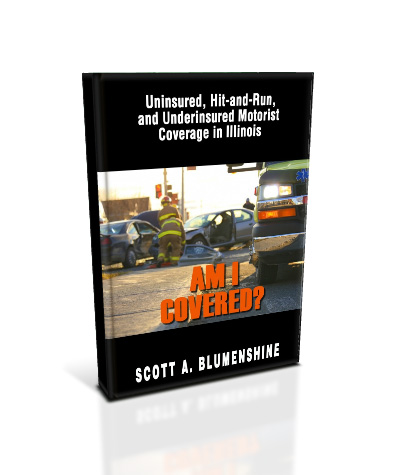Have you ever read an insurance policy? The only time a normal person would ever actually read their insurance policy would be in the event of needing to make or claim, or in the event of a claim denial by their insurance company. If you did read your policy, did you understand all of it? Was any part of the insurance policy ambiguous?
We are told how important it is to have insurance. To be sure, it is critically important to insure your home, car, possessions, and life. And, most of us are covered by health insurance. We need insurance coverage to protect us against risk.
Insurance Has Limitations
The fact is that most insurance coverage has conditions, limitations, and exclusions that diminish or eliminate your coverage. Insurance policies are often likened to a piece of Swiss cheese. The coverage is the cheese. The conditions, limitations, and exclusions are the holes. The problem is when the coverage (the cheese) is eliminated or diminished by the conditions, limitations, and exclusions (the holes).
Reading an insurance policy can be an exercise in mental gymnastics. Insurance policies contain technical jargon, awkward phraseology, and indecipherable verbiage. Deciphering a basic meaning is difficult. Is there any document more riddled with vague, mystifying, and confusing language than an insurance policy?
Fortunately, some wise and fair-minded judges have recognized the difficulty, or impossibility, of the average person actually understanding an insurance policy. The law has developed a rule, or doctrine, that prohibits insurers from relying on ambiguous policy provisions to deny a claim.
If your insurance company is denying your claim based on ambiguous insurance policy language, the denial may be invalid. The legal rule is that ambiguous policy terms are “construed against the drafter.” What does that mean? “Construed” means interpreted. The “drafter” is whoever wrote the document.
Examples of court rulings on ambiguous policy language follow:
Ambiguous provisions or equivocal expressions whereby an insurer seeks to limit its liability will be construed most strongly against the insurer and liberally in favor of the insured. Wolf v. American Cas. Co. of Reading, Pa., 2 Ill.App.2d 124, 118 N.E.2d 777 (1st Dist. 1954).
The test is not what the insurer intended its words to mean, but what a reasonable person in the position of the insured would understand them to mean, and the ambiguity will be resolved against the insurer. Insurance Co. of Illinois v. Markogiannakis, 188 Ill.App.3d 544 N.E.2d 1082 (1 Dist. 1989).
In these cases, the insured claimant requested their insurer to cover a loss. The insurers denied the claims based on purported conditions, limitations, or exclusions. The courts, in both cases, decided that the insurance policy language was ambiguous. Because the insurance policy language was ambiguous, the courts found coverage in favor of the insurance consumer.
The test of insurance policy language is supposed to be not what the insurance company intended but what the insured understood them to be. This is an important rule. By looking at insurance policies from the perspective of the average insurance consumer who needs help, the courts are doing their job of protecting the relatively unsophisticated insured against the savvy insurer. This is a proper purpose of our justice system.


